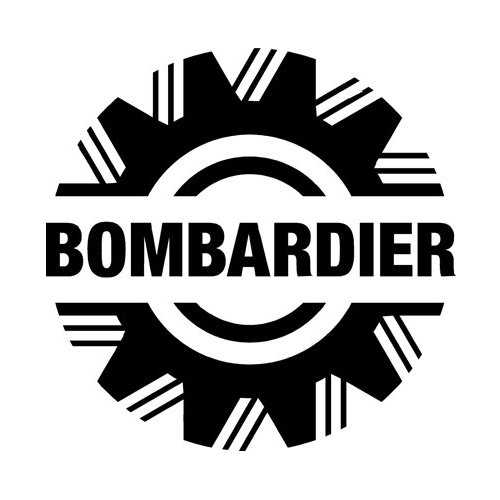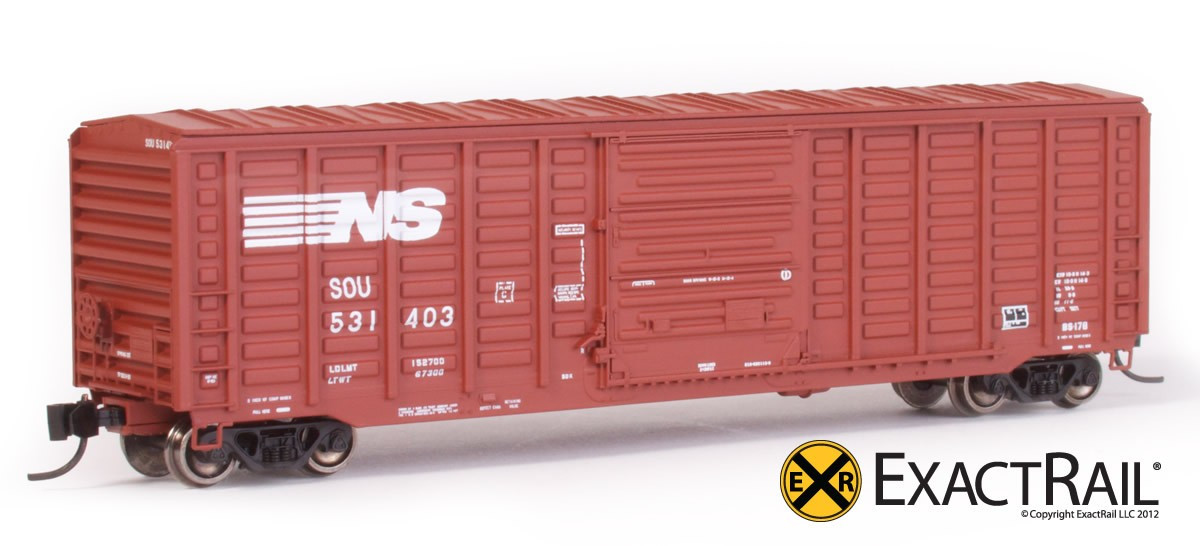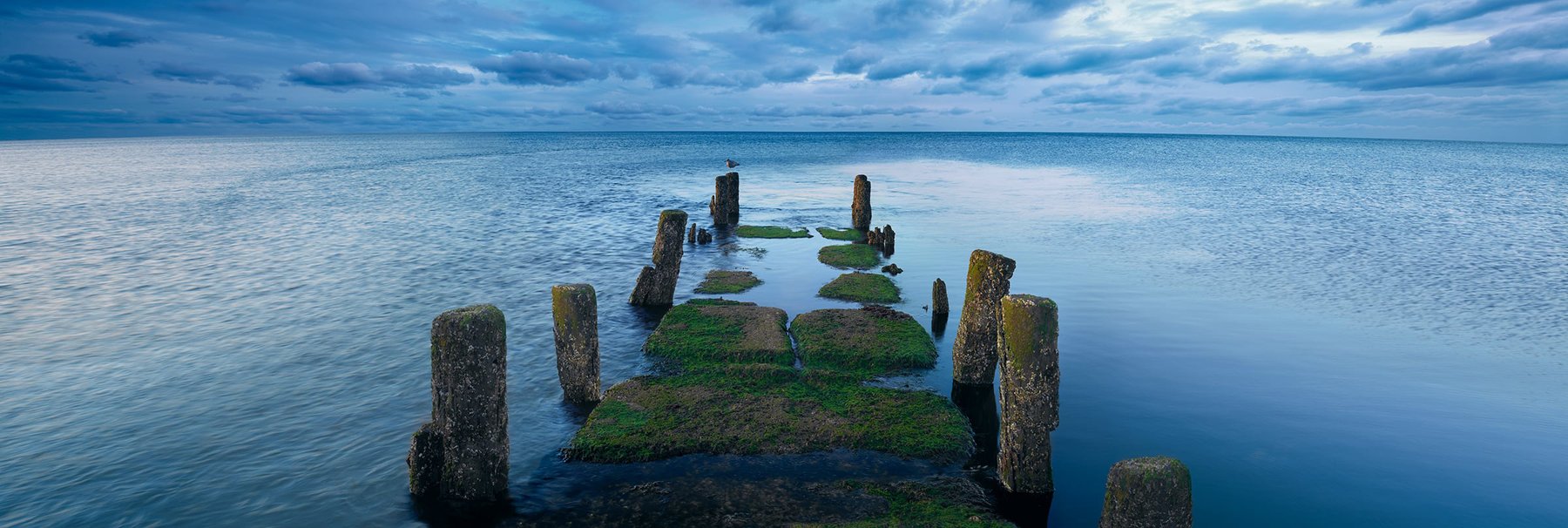Specific Item Information: This is a Trix 16904 N Scale Class 185 Electric - Standard DC - Minitrix German Railroad DB Schenker #185 399-3 (Era VI, Traffic Red, gray, white). Prototype: Electric locomotive 185399-3 Deutsche Bahn AG (DB Schenker). Use: Freight.Model: With 14-pin digital connector. 5-pole motor with 2 flywheels. 4 axles powered, traction tires, headlights and marker lights with the direction of travel, with a bridge plug can be shut off with warm white LEDs. Close coupler mechanism. Prepared for cab lighting and high beam, can be activated with a new decoder 66840. Length over the buffers 118 mm.Highlights: lighting with warm white LEDs. Top lighting may be turned off. High beam and driving lights prepared with decoder 66840 activated.
DCC Information: Earlier models accept NEM 651 decoders. Later models accept MTC-14 decoder.
Prototype History: Bombardier TRAXX is a modular product platform of electric and Diesel-electric mainline locomotives built by Bombardier Transportation, built in both freight and passenger variants. The first version was a dual voltage AC locomotive built from 2000 for German railways; later versions include DC versions, as well as quadruple voltage machines, able to operate on most European electrification schemes: 1.5/3.0 kV DC and 15/25 kV AC. The family was expanded to include diesel powered versions in 2006. Elements common to all variants include the steel bodyshells, the two bogies with two powered axles each, the three-phase asynchronous induction motors, the cooling exhausts on the roof edges, and the wheel disc brakes.
The TRAXX brand name itself was introduced in 2003. The acronym stands for Transnational Railway Applications with eXtreme fleXibility. Locomotives were primarily made for the railways of Germany, with orders coming from other countries including France, Israel, Switzerland, Sweden, Norway, Italy, Belgium, Luxembourg, Poland, Spain, Hungary, South Africa and the Netherlands. In Sweden, these are known as the Re 14 class.
The TRAXX brand name itself was introduced in 2003. The acronym stands for Transnational Railway Applications with eXtreme fleXibility. Locomotives were primarily made for the railways of Germany, with orders coming from other countries including France, Israel, Switzerland, Sweden, Norway, Italy, Belgium, Luxembourg, Poland, Spain, Hungary, South Africa and the Netherlands. In Sweden, these are known as the Re 14 class.
Road Name History: DB Schenker is a division of the German rail operator Deutsche Bahn AG that focuses on logistics. The company, created by reorganisation and rebranding of Deutsche Bahn subsidiaries, comprises a logistics division encompassing air, land, and sea freight, and a rail division made up from European rail freight companies.
Since December 2007 DB Schenker has been the freight logistics subsidiary of Deutsche Bahn. DB Schenker combines all transport and logistic activities of Deutsche Bahn (DB Schenker rail and DB Schenker logistics) employing over 94,600 staff spread across about 2,000 locations in about 140 countries.
DB Schenker bought out the British rail haulage firm English Welsh & Scottish Railway (EWS) in 2007, and from 1 January 2009 the logistics operations of the companies DB-Schenker, Railion, EWS, and Transfesa were all combined under the DB Schenker brand name.
Since December 2007 DB Schenker has been the freight logistics subsidiary of Deutsche Bahn. DB Schenker combines all transport and logistic activities of Deutsche Bahn (DB Schenker rail and DB Schenker logistics) employing over 94,600 staff spread across about 2,000 locations in about 140 countries.
DB Schenker bought out the British rail haulage firm English Welsh & Scottish Railway (EWS) in 2007, and from 1 January 2009 the logistics operations of the companies DB-Schenker, Railion, EWS, and Transfesa were all combined under the DB Schenker brand name.
Brand/Importer Information: Trix is a German company that originally made Trix metal construction sets. one of its co-founders was Stephan Bing, the son of the pioneer toy-maker industrialist Ignaz Bing. In 1935 the company began producing the electrically powered model trains that it became famous for, under the Trix Express label. Prior to the outbreak of World War II the Trix company produced a small range of fairly unrealistic AC powered three rail models running at 14 volts.
N gauge models under the Minitrix brand were made from the late 1960s mostly of European prototypes (German and British primarily). North American prototypes were also manufactured and marketed under the Aurora "Postage Stamp" brand; later these items were sold under the American Tortoise, Model Power and Con-Cor brands. Trix sometimes utilized North American consultants to aid in the design of this portion of the product line. The "Hornby Minitrix' brand was used in the 1980s for a short lived range of British outline models using the earlier product tooling.
Trix's owner in the 1980s and 1990s was Mangold, which went bankrupt in the late 1990s and Märklin purchased the assets in January 1997. In part, this purchase was a reflection of Märklin's need for added production capacity; Trix had been manufacturing certain items for Märklin in previous years. The purchase was also in response to the earlier purchase of the Karl Arnold company by the Italian company Rivarossi; Märklin were very keen to take over Trix market share in 2-rail H0 and especially Minitrix, until then Märklin had not marketed N gauge models. In 2003, Märklin introduced its first N gauge models under the well established Minitrix brand. A number Märklin H0 scale three-rail AC locomotives have also been introduced in two-rail DC versions under the Trix logo and many models are shared between the two brands.
From Wikipedia
N gauge models under the Minitrix brand were made from the late 1960s mostly of European prototypes (German and British primarily). North American prototypes were also manufactured and marketed under the Aurora "Postage Stamp" brand; later these items were sold under the American Tortoise, Model Power and Con-Cor brands. Trix sometimes utilized North American consultants to aid in the design of this portion of the product line. The "Hornby Minitrix' brand was used in the 1980s for a short lived range of British outline models using the earlier product tooling.
Trix's owner in the 1980s and 1990s was Mangold, which went bankrupt in the late 1990s and Märklin purchased the assets in January 1997. In part, this purchase was a reflection of Märklin's need for added production capacity; Trix had been manufacturing certain items for Märklin in previous years. The purchase was also in response to the earlier purchase of the Karl Arnold company by the Italian company Rivarossi; Märklin were very keen to take over Trix market share in 2-rail H0 and especially Minitrix, until then Märklin had not marketed N gauge models. In 2003, Märklin introduced its first N gauge models under the well established Minitrix brand. A number Märklin H0 scale three-rail AC locomotives have also been introduced in two-rail DC versions under the Trix logo and many models are shared between the two brands.
From Wikipedia
Item created by: gdm on 2019-09-01 10:46:13. Last edited by CNW400 on 2020-08-20 11:12:39
If you see errors or missing data in this entry, please feel free to log in and edit it. Anyone with a Gmail account can log in instantly.
If you see errors or missing data in this entry, please feel free to log in and edit it. Anyone with a Gmail account can log in instantly.











